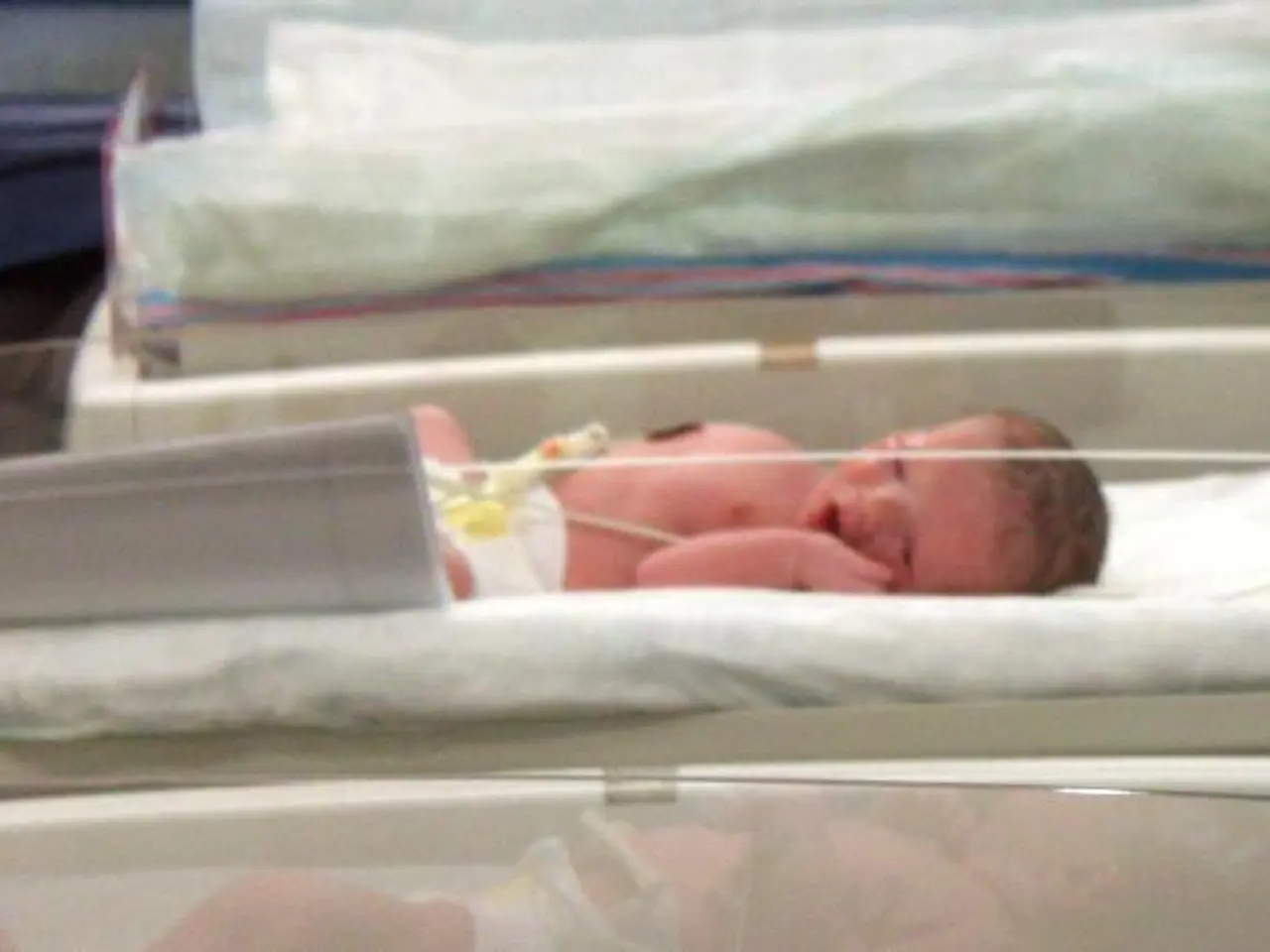Authorities in California seize control of 21 children as surrogate mothers assert the couple deceived them regarding their intentions
California, known for its progressive surrogacy laws, is currently at the centre of an investigation involving a Los Angeles-area couple and 21 children who have been removed from their care.
Recent reports suggest that authorities took custody of the children, ranging in age from 2 months to 13 years, with most between 1 and 3, after allegations surfaced that the couple misled surrogate mothers. The situation has prompted a legal and possibly criminal investigation, with child welfare authorities involved to ensure the safety and welfare of the children.
The surrogate mothers claim they were not fully informed about the couple’s intentions or the circumstances surrounding the pregnancies. It's not immediately clear if Zhang and Xuan, believed to be the legal parents of the children, have a lawyer to speak on their behalf.
Kallie Fell, director of The Center for Bioethics and Culture, claims the surrogacy agency operated with zero oversight. The most recent filing shows the business license for Mark Surrogacy Investment LLC, which was previously registered at the couple's address, was terminated in June.
The couple, Silvia Zhang, 38, and Guojun Xuan, 65, were arrested in May after a hospital reported a traumatic head injury to a 2-month-old infant, caused by a nanny violently shaking the baby. The woman who gave birth to the child last spring, interviewed by Kallie Fell, alleged that she was lied to about the number of children the couple wanted. She was not aware that the couple were the owners of the surrogacy agency.
California is recognized as one of the most surrogacy-friendly states in the U.S., with state law permitting and regulating both gestational and traditional surrogacy arrangements. However, this case highlights potential vulnerabilities in the surrogacy process when proper legal safeguards, transparency, and ethical oversight are not fully in place.
A recent legislative milestone, Senate Bill 729 (SB 729), significantly expands insurance coverage for fertility services in California, including those involving surrogacy and gamete donation. SB 729 mandates that health insurance cover embryo transfer, egg retrieval, and related medications for the covered individual, even when a surrogate or gamete donor is involved. The law redefines infertility in a more inclusive way, removing barriers for LGBTQ+ couples, single individuals, and others previously excluded from coverage due to outdated definitions.
While California’s laws are generally robust in protecting all parties’ rights, incidents like this underscore the importance of thorough legal agreements, independent legal counsel for surrogates, and clear communication throughout the process.
Neglect charges were not formally pursued to allow for an investigation to continue. Fifteen children were removed from the couple's home in Arcadia, and another six living elsewhere were located. The children's whereabouts are currently unknown. The FBI is also part of the investigation.
This case serves as a reminder that even in a well-regulated environment, vigilance, transparency, and ethical practices are essential to protect all parties involved in surrogacy arrangements.
- The investigation surrounding the Los Angeles-area couple involves allegations of misleading surrogate mothers, which could lead to potential criminal charges for general-news and health-and-wellness reasons, considering the welfare of the children.
- In light of the ongoing investigation, concerns have been raised about the surrogacy agency's operation without proper oversight, which could have contributed to the couple's questionable actions, making it crucial for video evidence to be analyzed in the crime-and-justice context.
- The surrogacy-friendly laws in California are under scrutiny following this case, as it underscores the need for stronger legal safeguards, clear communication, and ethical oversight in video interviews, so as to prevent future incidents and ensure the best interests of all parties are met in health-and-wellness, general-news, and crime-and-justice contexts.




